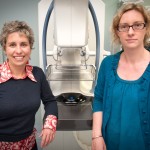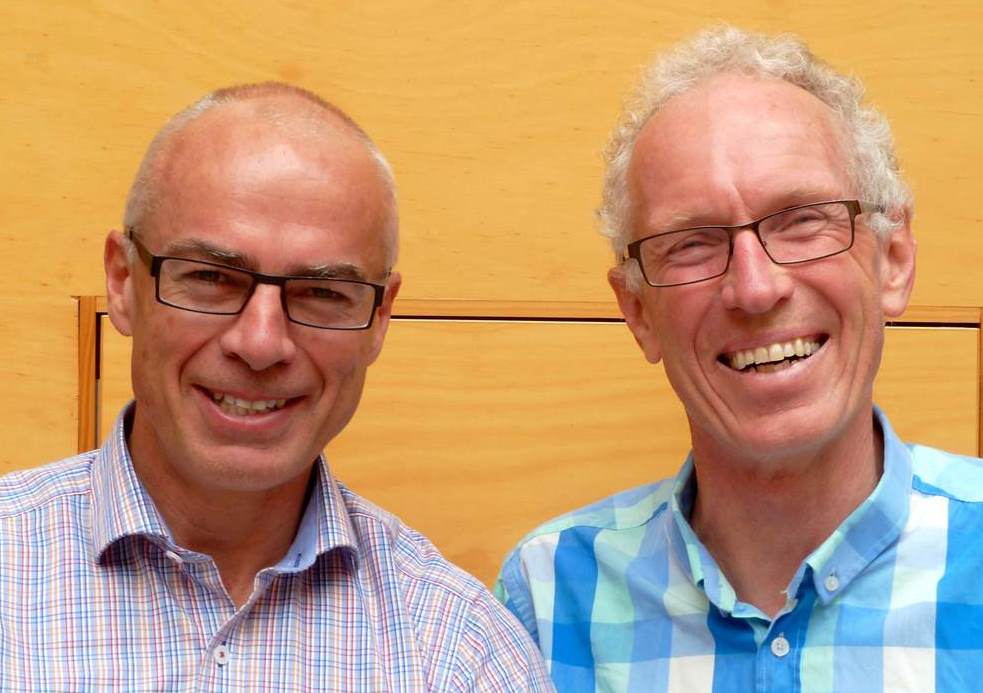Editor note: This is Part 2 of a two-part blog by Dr Caroline Shaw and Associate Professor Diana Sarfati on breast cancer screening. In Part 1 they looked at the contested research around breast cancer screening. In today’s Part 2 they explore the implications for New Zealand. As Editor’s, we agree with Shaw and Sarfati that screening beneath the age of 50 should stop and the quality and honesty of communication to women must improve. We would also go one step further and argue that the cost-effectiveness of breast cancer screening should be re-evaluated, for optimistic and pessimistic scenarios. A media release also accompanies this blog.
Dr Caroline Shaw and Associate Professor Diana Sarfati
What do we do with the conflicting information on breast cancer screening?
Sorting through the information about breast cancer screening is difficult. There are highly experienced and knowledgeable screening experts on both sides of the debate and both sides make some cogent arguments. There is disagreement about the validity of evidence from the individual randomised controlled trials (RCTs), about whether improvements in treatment have had an impact on screening effectiveness and about the level of over-diagnosis from screening. In some cases researchers are looking at the same screening studies and concluding very different things. In others, they disagree about the best methods and data to use to examine an issue. Polarisation of views is pretty typical in screening; however it does make it difficult to know where the truth lies as positions become entrenched.




